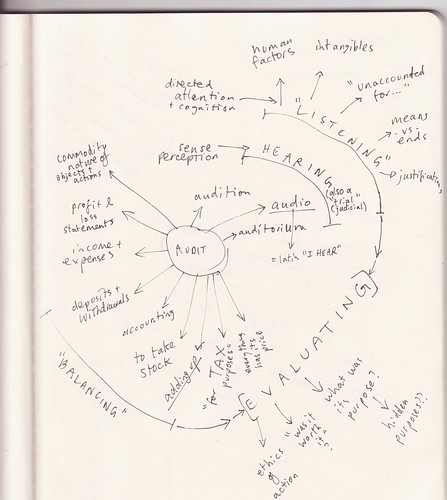
[Poster by Owen Griffiths and Fern Thomas, Imagination as a Source of Renewable Energy, O&F Poster Series, no.1, 2008]
Here’s a provocative essay by British artist and curator Lucy Gibson, entitled “Eco-bling: why the arts sector needs to lead on climate action”.
Gibson uses the term “eco bling” to describe “gestural actions that are only skin deep”. One obstacle in the quest to reduce the environmental footprint of art is its insatiable desire for attention and visibility, which demands a great amount of travel and freight in order to distribute artworks which might, paradoxically, have as their message “Down With Climate Change” or “Act Local”.
She writes:
One of the biggest changes in the visual arts world, and the rest of the arts sector, would be to cut back on travel. With the emphasis on being ‘seen’, having an international reputation, living and working in more than one country, and for ‘international’ often being used as a by word for quality, we have a long way to go in the visual arts to counter the accusation of eco-bling.
And here’s another provocative article, by artist Paul Matosic, called “Is Art Green”. Matosic discusses the concept of “art miles”, (adapting the term from the more widely discussed “food miles“).
Thanks to Melanie, the MCA’s Conservator, for sending through the links which led to these links… keep ’em coming!


